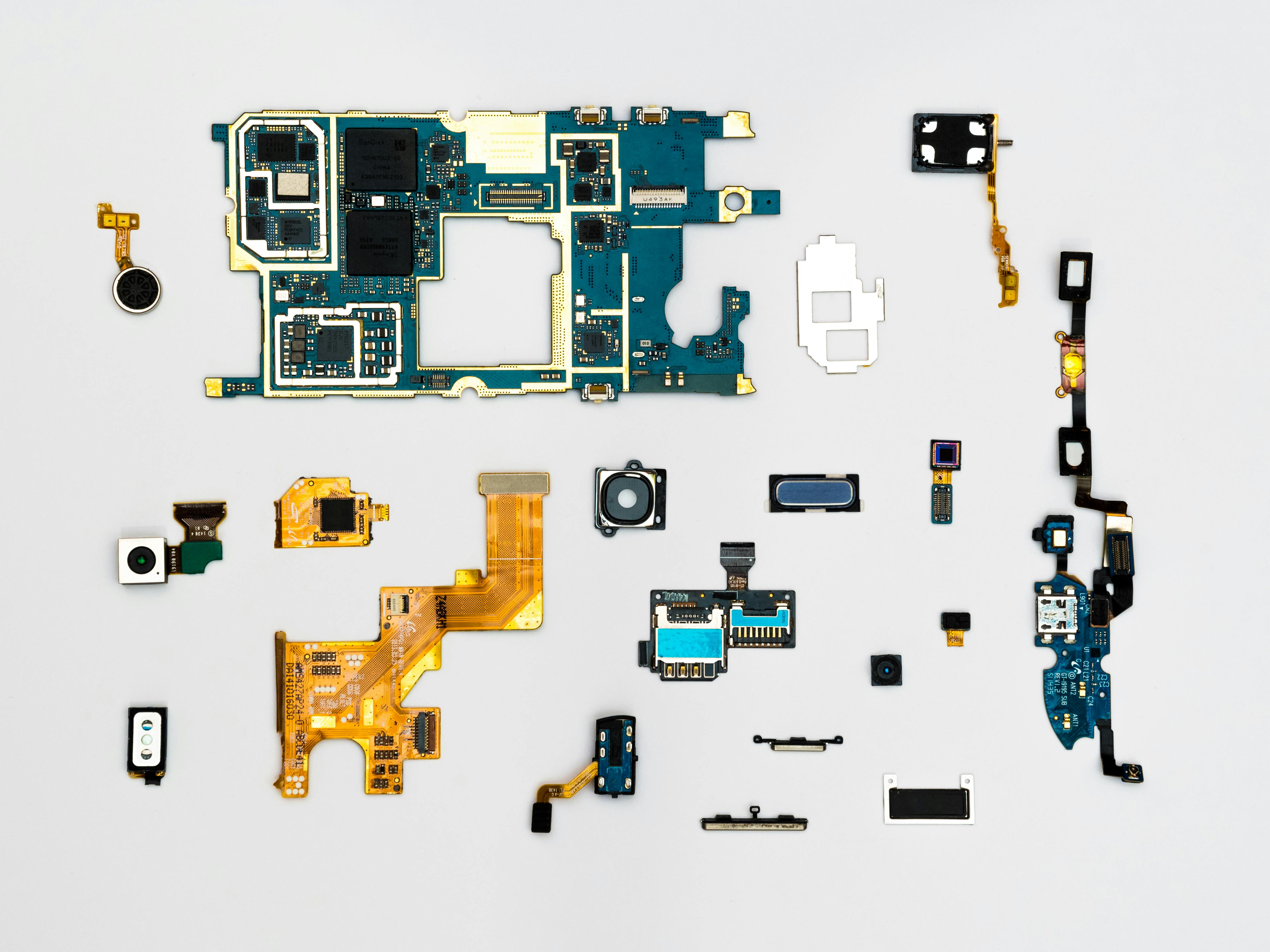
Blockchain in Telecommunications Infrastructure: Transforming Connectivity through Decentralized Technologies
Blockchain in Telecommunications Infrastructure
The Convergence of Blockchain and Telecommunications
The telecommunications industry stands at a critical technological crossroads, where blockchain technology promises to revolutionize infrastructure, security, and service delivery. As traditional communication networks face increasing challenges related to data privacy, infrastructure scalability, and trust, blockchain emerges as a transformative solution that can fundamentally reshape how telecommunications systems operate and interact.
Core Technological Implications
Blockchain technology introduces unprecedented capabilities for telecommunications infrastructure by providing a decentralized, immutable, and transparent framework for data management and transaction processing. The technology's cryptographic foundations enable secure, verifiable communication protocols that can dramatically reduce fraud, enhance network reliability, and create more efficient routing mechanisms.
Decentralized Network Architecture
Traditional telecommunications networks rely on centralized infrastructure controlled by major carriers. Blockchain enables a distributed network architecture where multiple nodes can validate and route communications, reducing single points of failure and increasing overall system resilience. This approach fundamentally challenges existing telecommunications paradigms by democratizing network infrastructure.
Top Blockchain Protocols in Telecommunications
| Protocol | Key Features | Jurisdiction |
|---|---|---|
| Helium Network | Decentralized wireless infrastructure | United States |
| DENT | Global mobile data marketplace | Netherlands |
| RoninChain | Secure communication protocols | Switzerland |
Market Analysis and Global Trends
According to recent market research from Gartner and Deloitte, blockchain investments in telecommunications are projected to reach $3.5 billion by 2025, representing a compound annual growth rate of 62.4%. These investments primarily focus on infrastructure modernization, security enhancement, and creating new service delivery models.
Regulatory Landscape
Different jurisdictions present unique regulatory frameworks for blockchain implementation in telecommunications:
- United States: SEC and CFTC provide guidelines emphasizing consumer protection
- Switzerland: Advanced regulatory environment supporting blockchain innovation
- Cayman Islands: Flexible legal structures for technological experimentation
- Liechtenstein: Comprehensive blockchain legislation encouraging infrastructure development
Technical Security Enhancements
Blockchain introduces advanced security mechanisms that can transform telecommunications infrastructure:
- Cryptographic transaction verification
- Immutable communication logs
- Distributed denial-of-service (DDoS) resistance
- Enhanced identity management
Future Technological Trajectory
Emerging technologies like 5G and edge computing will increasingly integrate blockchain principles, creating more resilient and adaptive communication networks. Smart contracts will enable automated, trustless interactions between network participants, reducing operational friction and creating new economic models.
Real-World Implementation Challenges
Despite immense potential, blockchain integration in telecommunications faces significant challenges:
- Legacy system compatibility
- High initial infrastructure investment
- Scalability limitations
- Complex regulatory compliance
Potential Cost and Efficiency Gains
Blockchain implementation could potentially reduce telecommunications operational costs by 20-35%, primarily through:
- Reduced intermediary expenses
- Enhanced fraud prevention
- Streamlined infrastructure management
- Automated service provisioning
Expert Perspective
Industry experts predict that blockchain will not replace existing telecommunications infrastructure but will serve as a complementary technological layer, enhancing security, transparency, and operational efficiency.
RWA.codes: Your Blockchain Infrastructure Partner
RWA.codes specializes in developing advanced blockchain solutions for telecommunications infrastructure. Our expertise spans:
- Custom blockchain protocol development
- Regulatory compliance consulting
- Secure infrastructure design
- Advanced tokenization strategies
We provide comprehensive technological solutions that bridge traditional telecommunications frameworks with cutting-edge blockchain innovations.